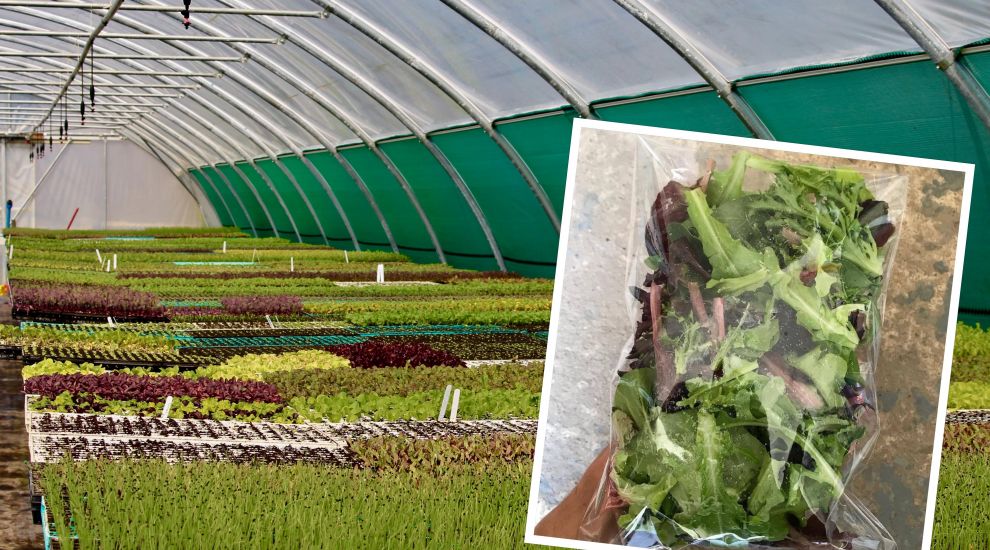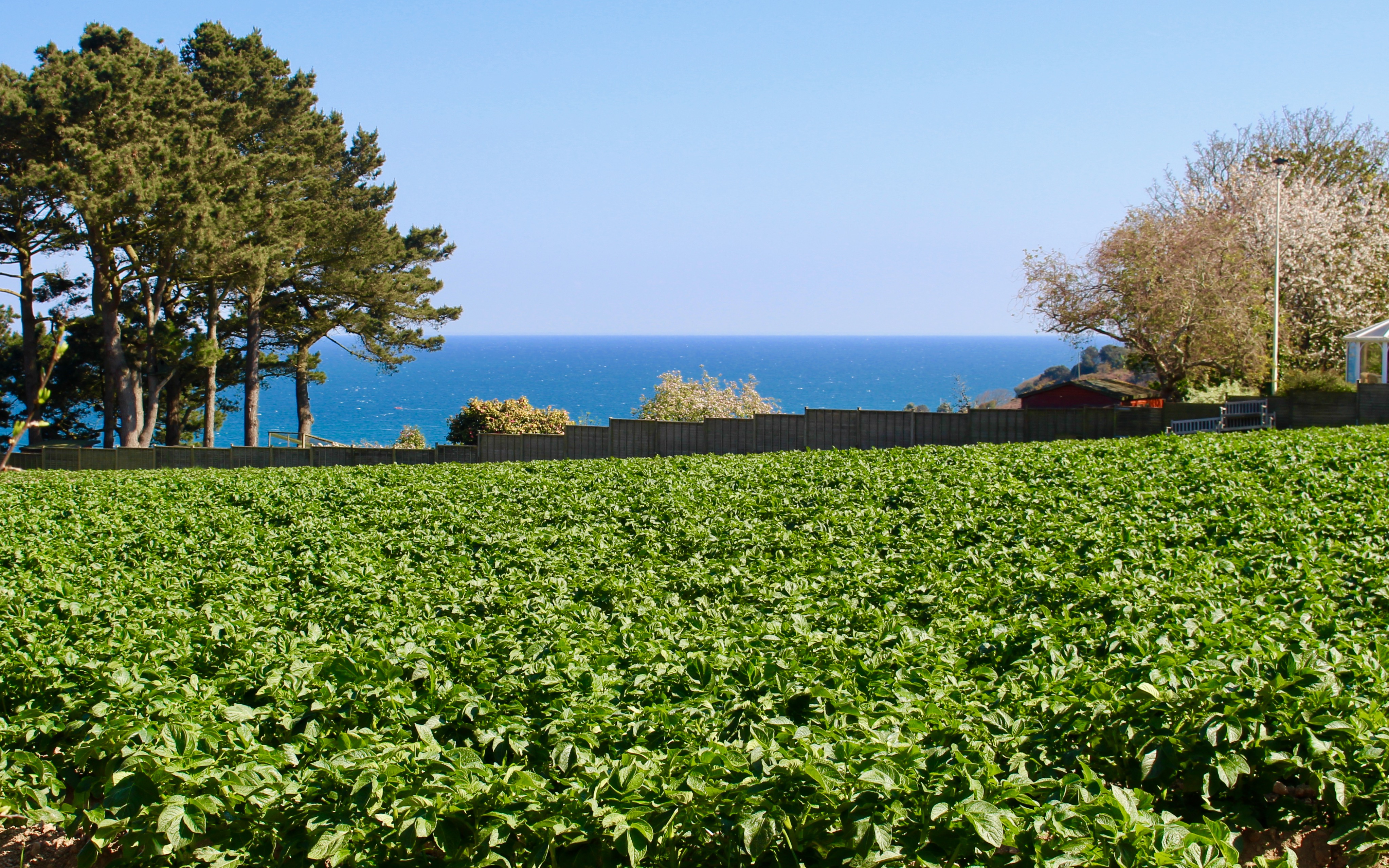

Gone are the days of plastic packagings at Anneville Farm. They have been replaced by plant-based bags that are biodegrade, compostable and make for fresher vegetables.
The move comes six months after Anneville Farm started a certification process with the Soil Association, the UK’s leading organic certification body.
Anneville Farm officially began its transition to organic in December. As part of the certification process, it needs to prove it’s operating to the highest standards of sustainability and integrity. The first inspection will take place next month. "It's still early days," says Justin Le Gresley. "The Soil Association has an interest in the whole farming process. They look at every aspect of the farming practice and make sure it is sustainable.
"We have been heading in this direction for a number of years. With the request of the Agriculture Department to try and get everyone up to a similar level, we chose to make organic our standard. It fitted our ethos much more closely. It is pretty exciting to be part of the agriculture industry at the moment."

Pictured: Anneville Farm sits above Anne Port with an unobstructed view over St. Catherine's breakwater. (The Good Jersey Life)
Perched above Anne Port, Anneville Farm boasts 48 acres where only seasonal vegetables are allowed to grow. While Justin and his family used to export to the UK and Europe, including 6.5 tonnes of chilli one year, they have recently been focusing on the local market.
"Our main concern is to bring the fresh possible produce to locals," says Justin. "If you take salads, most of them are three or four days old in supermarkets. They are only a couple of hours old here when we bring them to the customer."
For the past year, the family has also been looking at ways to get ban single-use plastics. They have tried different alternatives for their vegetables, but it hasn't been easy finding the right fit. As Justin explains, most of biodegradable and compostable packaging is designed to be used as take-away boxes by the catering industry. "It wasn't easy to find," says Justin. "We tried a few companies to find a product that would hold the veg at their freshest and would be reasonable for us. The demand seems to be much greater than the research done to match it."
The family has settled on packagings made of wood cellulose produced by Eco Craft, a UK company. While there are corn-based alternatives, Justin decided to follow the sustainability ethics all the way and preferred wood. "Using corn-based packaging means that you are technically removing a food source to use it as packaging," he explains. "Wood is more sustainable."
"Freshness was the most important aspect for us. All our vegetables are fresh. If we left them out in a bowl, the nature of the environment around us would mean they dry out quickly. We pick every thing fresh and always want to bring the freshest produce to chefs or the public around the island.
"There is almost an element of the packaging that is able to manage the environment in the bag. For our salads, which we wash and dry, there is a lot of moisture, the bag helps reduce the moisture. It's an advantage over predominantly plastic packaging."
Pictured: Anneville Farm's move to plant-based packaging has been welcome by local eco-enthusiast Sheena Brockie and Vicky Board of the Fresh Fish Company, among many others.
However some adjustments still need to be made to find the right size for the salads and other produce that don't fit in the bags the company currently makes. "It seems companies don't have the technology to make bags that are big enough," explains Justin. "They are frantically trying to catch up with themselves."
In addition, the new bags mean that the packing process is slower. They also cost between 15 to 20p extra each compared to their plastic-based counterparts. "It is the biggest challenge for us," says Justin. "There is a desire for less packaging but it is quite difficult for us. People look happy with the new bags. We are trying to keep some things loose and move in a more 'package-free' direction. Some things won't hold on the shelf as well as they would in a fridge. It all comes back to freshness."
Comments
Comments on this story express the views of the commentator only, not Bailiwick Publishing. We are unable to guarantee the accuracy of any of those comments.